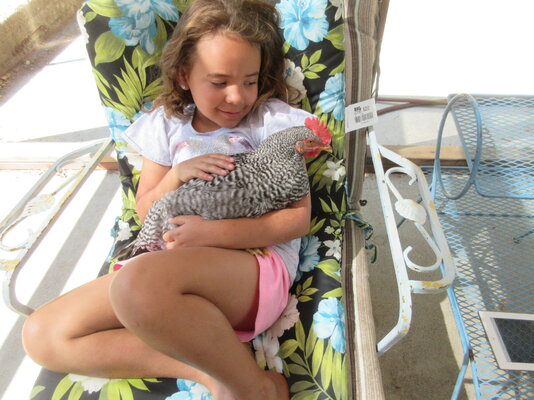_-Captain BRM-_
Post Tenebras Lux.
- Feb 1, 2021
- 2,337
- 25,320
- 831
We will be hatching chicks soon and any males will become dinner. I was told that raising meat birds is disgusting and they loose their feathers because they just keep growing and their legs will break. Is this true? Is there a more humane way to do it? I understand that there is gross stuff but I don’t want my animals to be really suffering. And tips or (like I have mentioned a billion times) a more humane way to raise meat birds? Thanks, guys!








